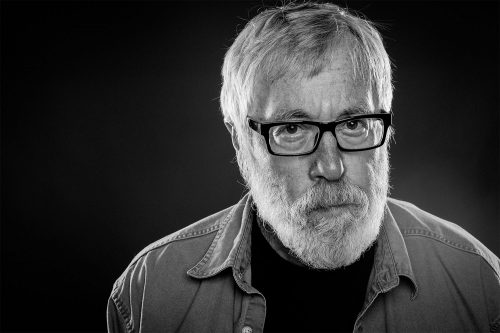
It has been said that it is easier to imagine the end of the world than it is to imagine the end of civilization or capitalism — which is odd in that civilization and capitalism are bringing about the end of the world.
But I think it has begun to dawn on people that the main institutions designed to control nature are weaving the calamity they’ve claimed to protect us from.
Meanwhile, the dominance of things as they are, as they continue to develop, may seem irresistible. For example, an ever-more technological society, built on the system’s destruction of nature, may seem inevitable.
There certainly are differences among political systems, but there are also fundamentals shared by every modern setup. Elements such as division of labor, domestication, civilization (which always ends up as a parasite consuming its host) are not allowed in what passes for political discourse. The monopoly of chatter is about this figure or party versus the opposing ones, enforced by mainstream corporate media and millions (billions?) of dollars. Distinctions, to be sure, but without basic difference.
Technology never seems to reverse course, which has to do with the difficulty of challenging the ruling order. German critical theory philosopher Theodor Adorno said that it is futile to look for the factor that is to blame for all the ills of society when that factor is society itself, which never reverts to a less alienating place.
Social existence is a totality in our global civilization. Each part goes forward in tandem with every other part, moving together as a whole. The modern world, especially, leaves little room for independent action, oases of freedom. It takes great courage to seize these rare opportunities.
Behind the baffling failures of a more and more hollow social reality stands the overall failure of modernity, considered from any angle. The radical shift toward what’s qualitatively different must, as ever, arise from our doubts and our needs. Doubts are inevitable, since contemporary life fails to satisfy most, or all, of our authentic needs. And what need is greater than our hunger for presence, for the primary experience of face-to-face friendship and love, whose absence is the measure of the deepest poverty?